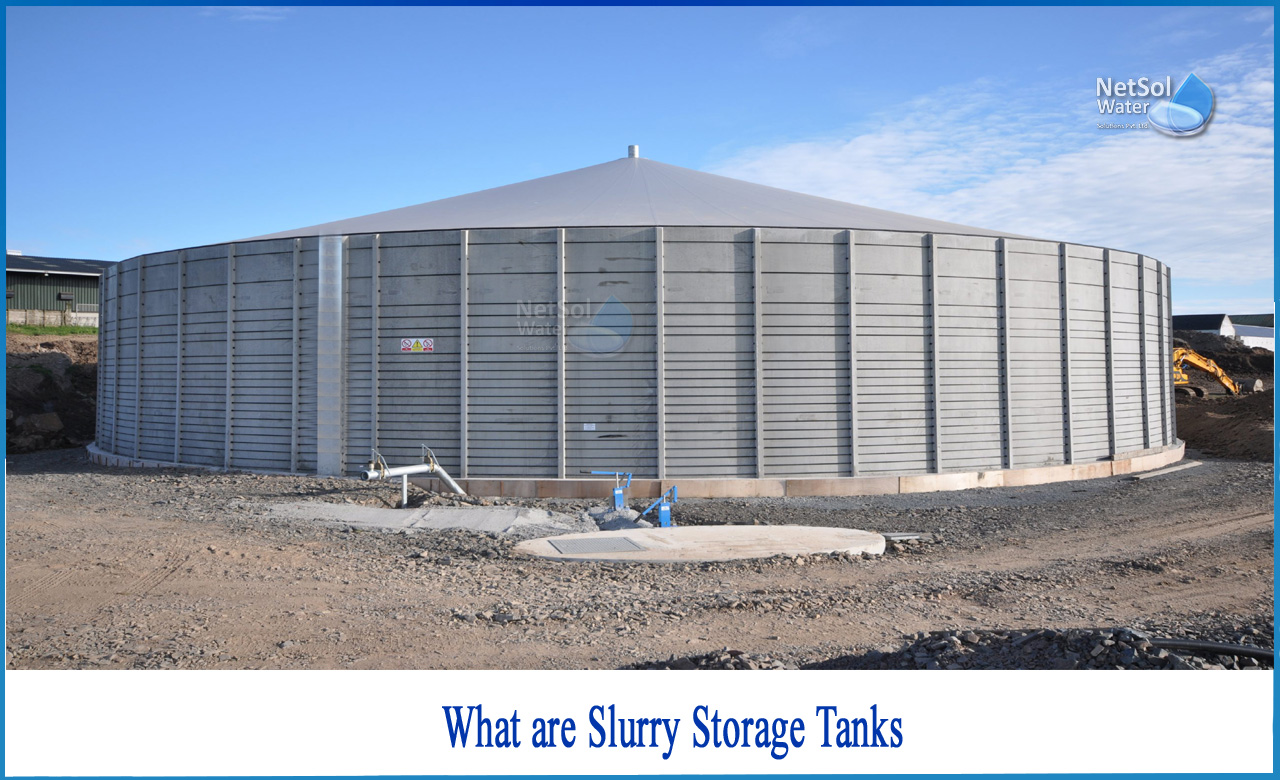What are slurry storage tanks?
A slurry tank, also known as a farm slurry pit, slurry lagoon, or slurry store, is a hole, dam, or circular concrete structure where farmers collect all of their animal waste, as well as other unusable organic matter, such as hay and water run-off from washing down dairies, stables, and barns, in order to convert it over time into fertilizer that can be reused on their lands to fertilize crops. Because the decomposition of this waste material produces lethal gases, slurry pits are potentially lethal if precautions such as the use of a breathing apparatus with an air supply are not taken.
Farmers use it as a natural fertilizer for their crops because it is a mixture of manure and water. During the winter, when cattle are kept indoors, waste material from animals is collected beneath barns to be spread during the warmer months.It must first be broken up and mixed, usually in a tank, before it can be spread on the land.
Why is it so dangerous?
According to Northern Ireland's Health and Safety Executive, there is no such thing as a safe slurry tank. Bacterial decomposition of slurry produces gases that can kill people and animals almost instantly.
The gas, which is heavier than air, settles in a cloud over the top of the slurry during mixing. Bending down into the gas cloud, even for a brief moment, can result in unconsciousness. It's actually a tank for storing all of the waste products produced by animals during the winter. It stays in these tanks for a few months, and a lethal mixture of gases, including methane, carbon dioxide, ammonia, and, worst of all, probably, hydrogen sulphide, builds up.
Slurry tanks pose both drowning and suffocation hazards. Gases such as ammonia, methane, carbon dioxide, and hydrogen sulphide are produced during decomposition. The latter two are heavier than air and will take longer to disperse from low-lying areas. Carbon dioxide has no odor, and hydrogen sulphide quickly becomes odorless by destroying victims' sense of smell. If inhaled, they can cause rapid unconsciousness due to poisoning or oxygen displacement, resulting in hypoxia.
1. Toxic gases
During the bacterial decomposition of slurry in tanks, toxic gases are released. These gases, which include hydrogen sulphide, ammonia, methane, and carbon dioxide, can be fatal if inhaled. Some are flammable, such as methane. One, in particular, is poisonous: hydrogen sulphide. Because all of these gases are heavier than air, they dispense with oxygen. When a person enters a tank, this can result in suffocation.
Hydrogen sulphide is extremely toxic to both humans and animals. It has an effect on the nervous system, and even low concentrations can be fatal.
Because many gases are odorless, smell is not a reliable indicator of gas absence. Hydrogen sulphide has a rotten egg odor at low concentrations but cannot be detected at higher concentrations. When the slurry is agitated, high levels can be released.
2. Drowning
Drowning is by far the most common cause of death in slurry accidents. Children and the elderly are particularly vulnerable.
Prevention
Open slurry tanks should be protected by a 1.8-metre-high unclimbable fence or wall with locked gates. Outdoor lagoon scrape holes should be adequately protected. Consider having an adequately constructed access platform with safety rails when the tank needs to be emptied. Covered or slatted tanks necessitate access manholes that children cannot easily open. Install a safety grid beneath the manhole to provide secondary protection. All slurry tank manhole openings should be covered. If you need to lift slats in the shed, be aware of the risk of back injury.
Netsol Water is Greater Noida-based leading water & wastewater treatment plant manufacturer. We are industry's most demanding company based on client review and work quality. We are known as best commercial RO plant manufacturers, industrial RO plant manufacturer, sewage treatment plant manufacturer, Water Softener Plant Manufacturers and effluent treatment plant manufacturers. Apart from this 24x7 customer support is our USP. Call on +91-9650608473, or write us at enquiry@netsolwater.com for any support, inquiry or product-purchase related query.



